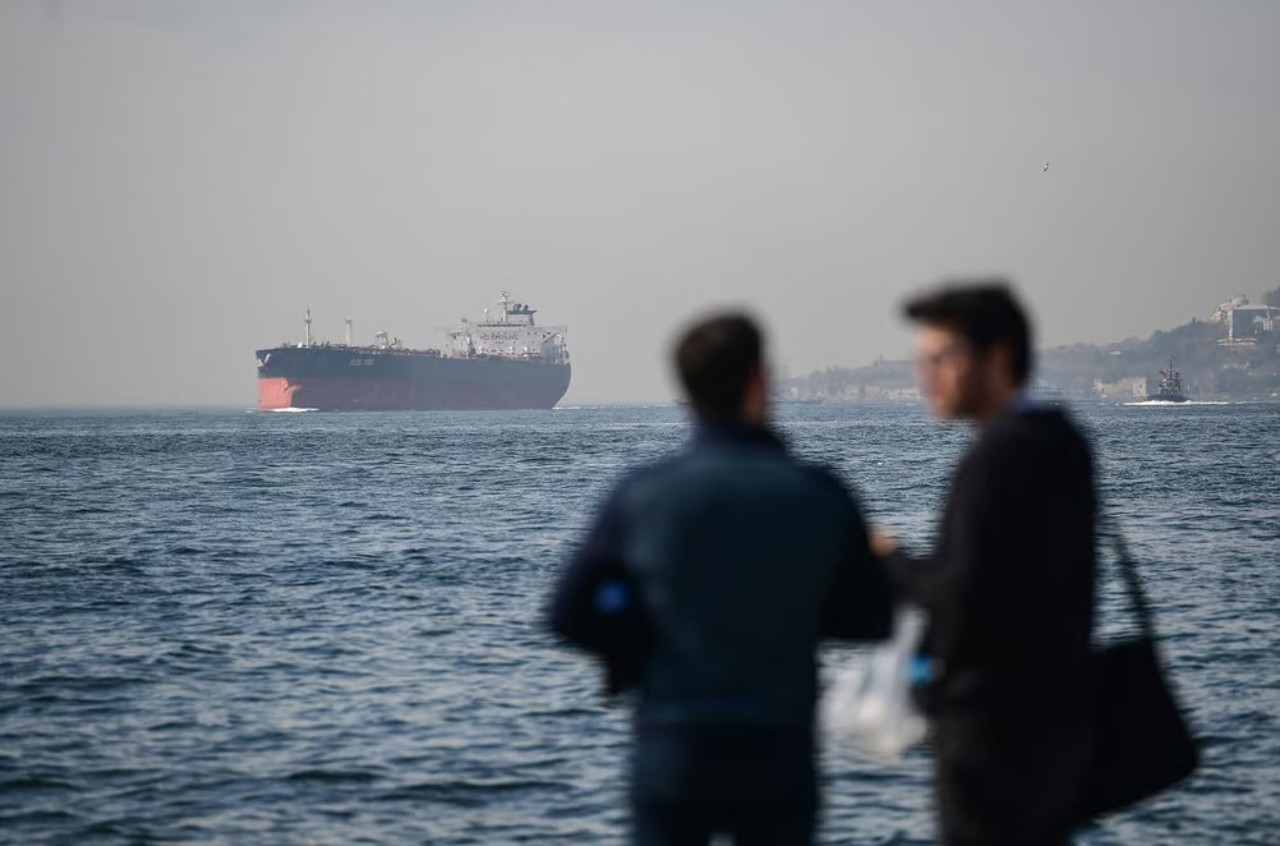EU Still Getting Russian Oil? Turkish Transit Under Scrutiny
Despite the oil embargo imposed on Russia in early 2023, Russian oil continues to reach the European Union, but labelled as Turkish.

This circumvention exploits loopholes in the sanctions regime established due to Russia's war on Ukraine. Moscow has raked in up to €3 billion from oil exports to the EU in the past year since the ban was implemented in February 2023. This illicit trade is facilitated through just three Turkish ports: Ceyhan, Marmara Ereğlisi, and Mersin.
The EU's continued allowance of "blended" fuel imports as long as they are labelled as non-Russian enables this scheme, according to a report by the American edition of Politico, cited by DW..
A year-long study reveals that Turkey's fuel imports from Russia have surged by 105% since February 2023 compared to the prior year. In that same period, Turkey's fuel exports to the EU have grown by 107%, according to Politico.
While not all fuel reaching the EU from Turkey is necessarily Russian, the geographical location of several Turkish ports, combined with export-import data, strongly suggests that significant volumes of Russian fuel are being repackaged and shipped onward, according to Politico journalists.
"Turkey has become a key conduit for Russian oil products being diverted to the EU, generating hundreds of millions of euros in tax revenue for the Kremlin's war chest," said Martin Vladimirov, a senior energy analyst at the Center for the Study of Democracy (CSD).
Previously published studies have also identified the EU's imports of oil products from India and China, which are produced using Russian crude oil.
Translation by Iurie Tataru






